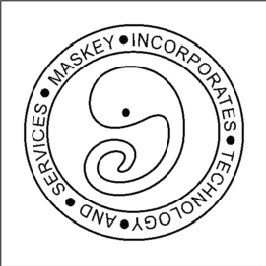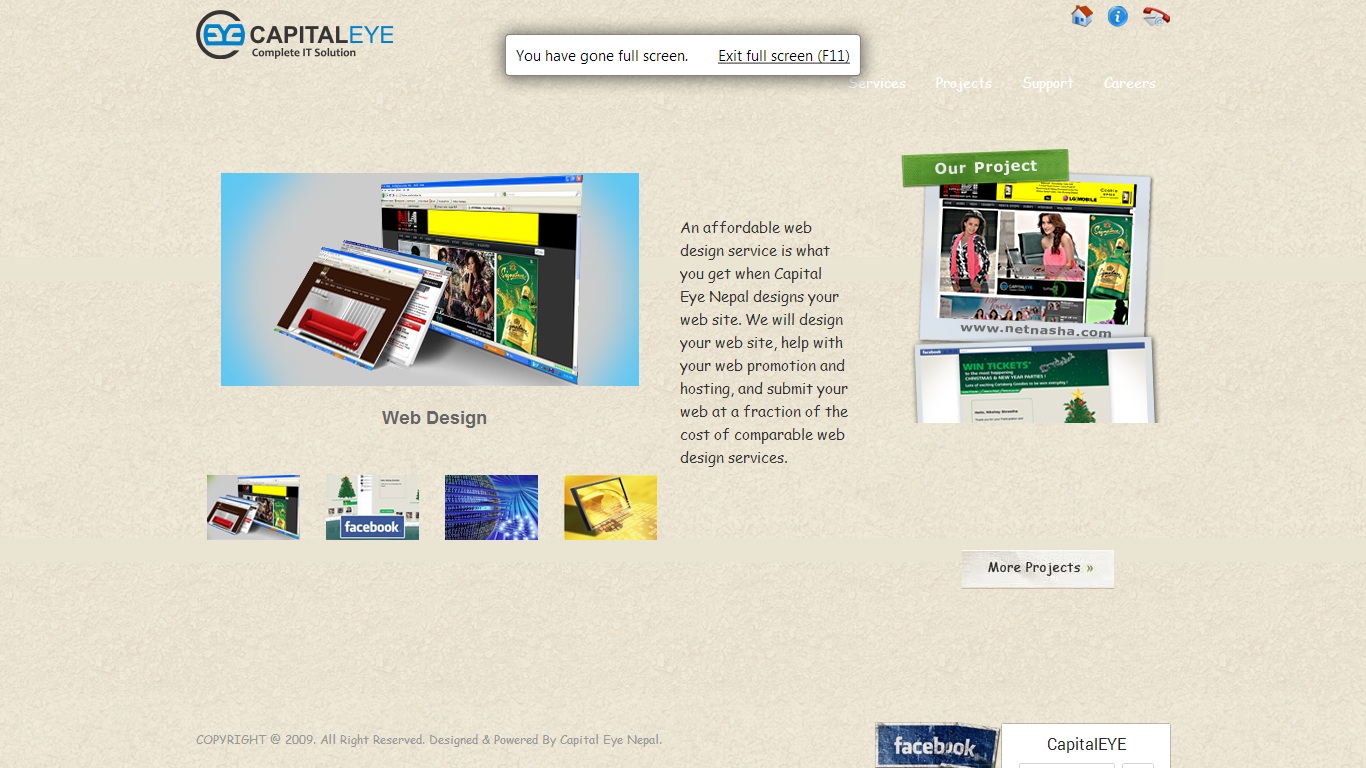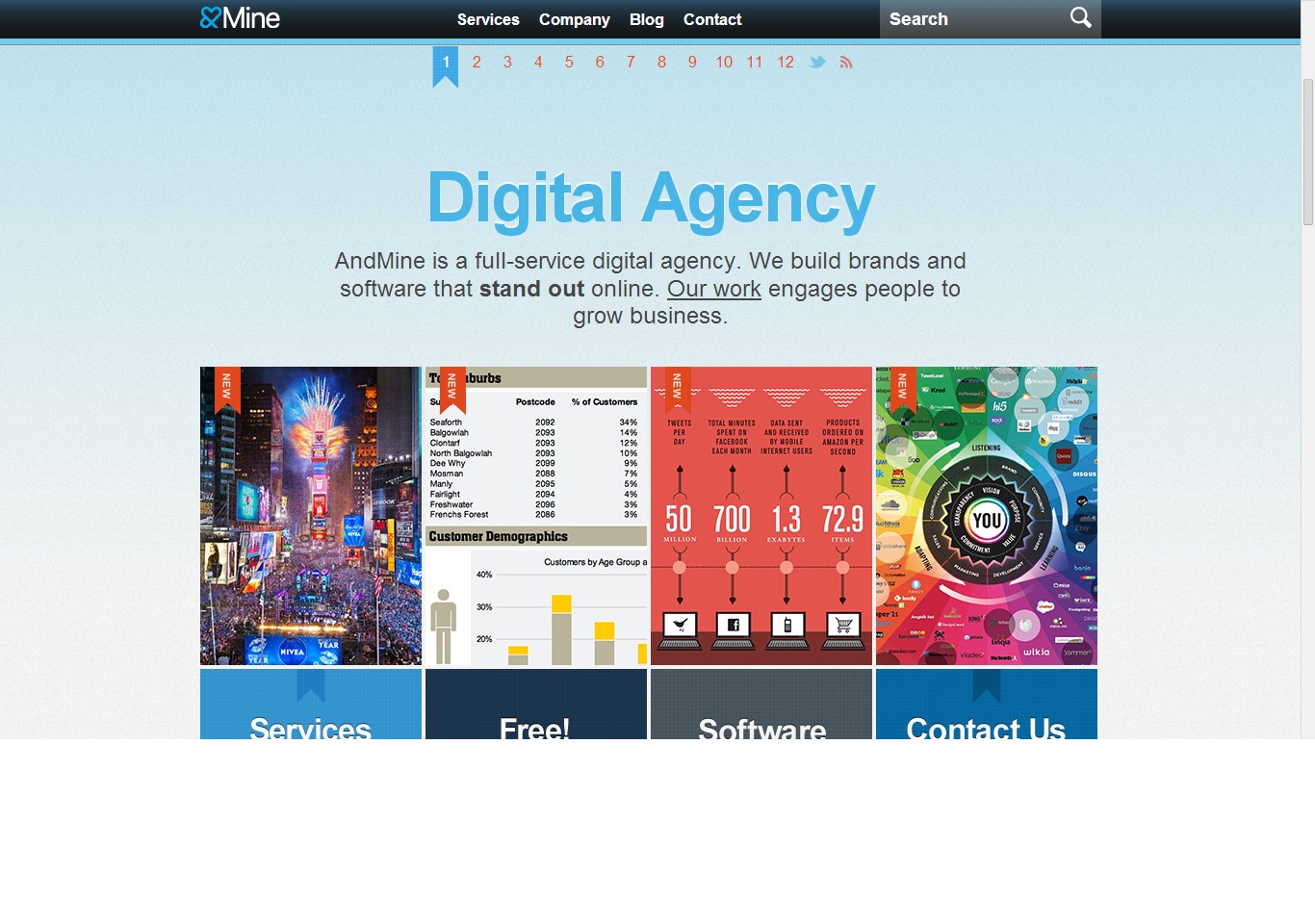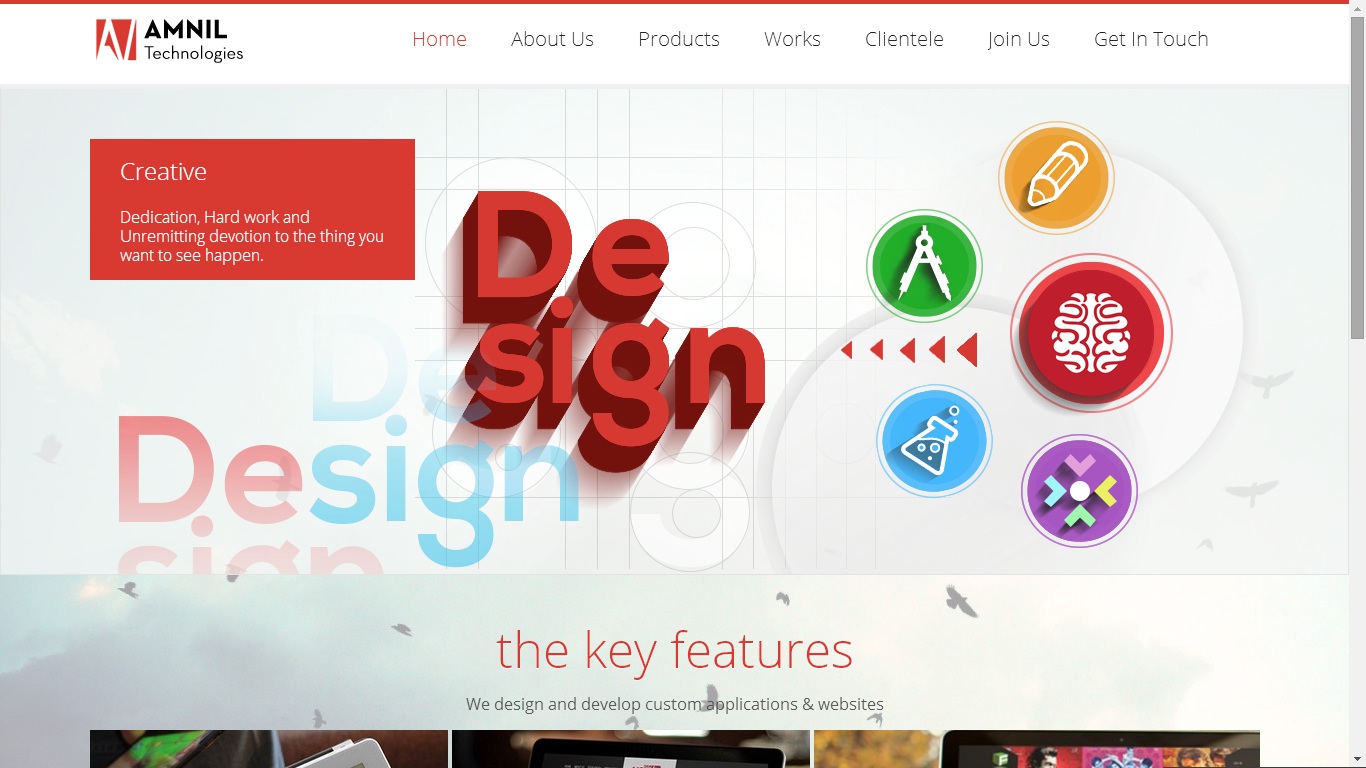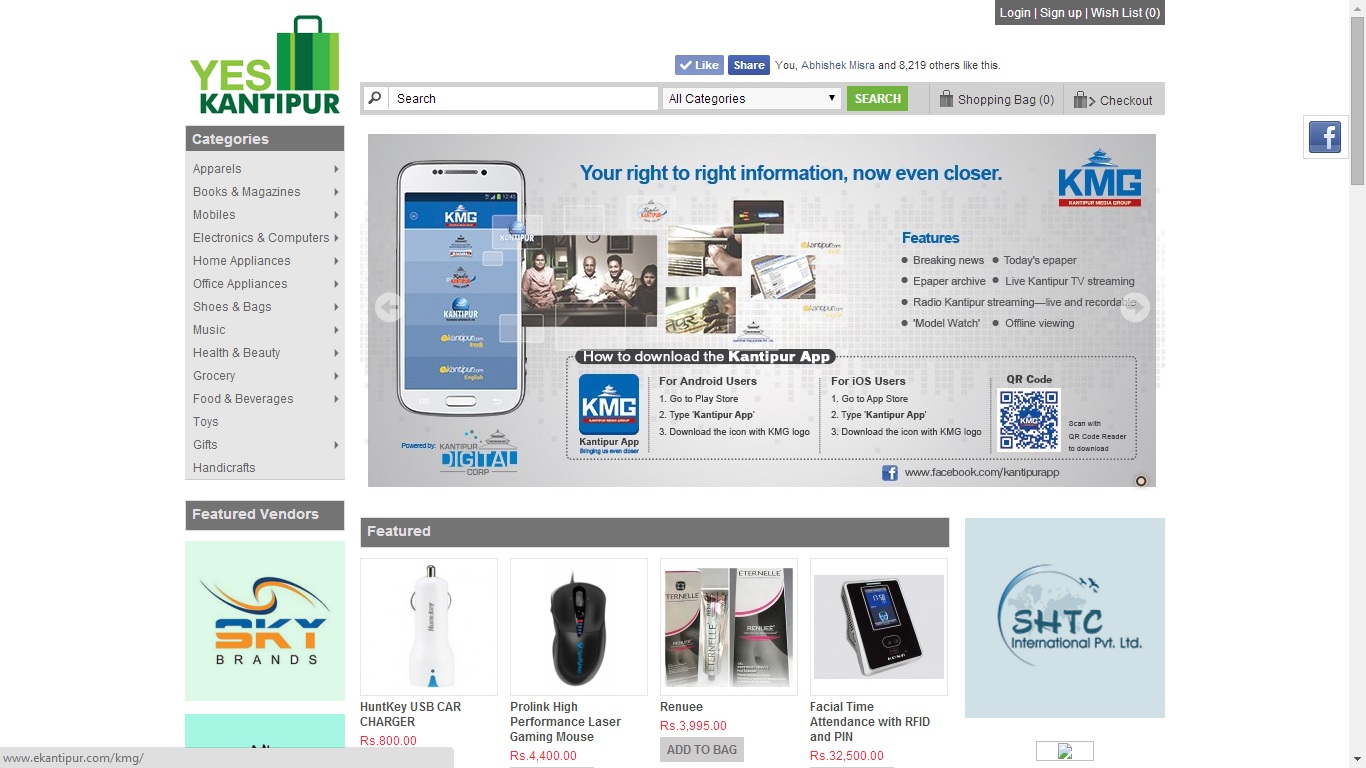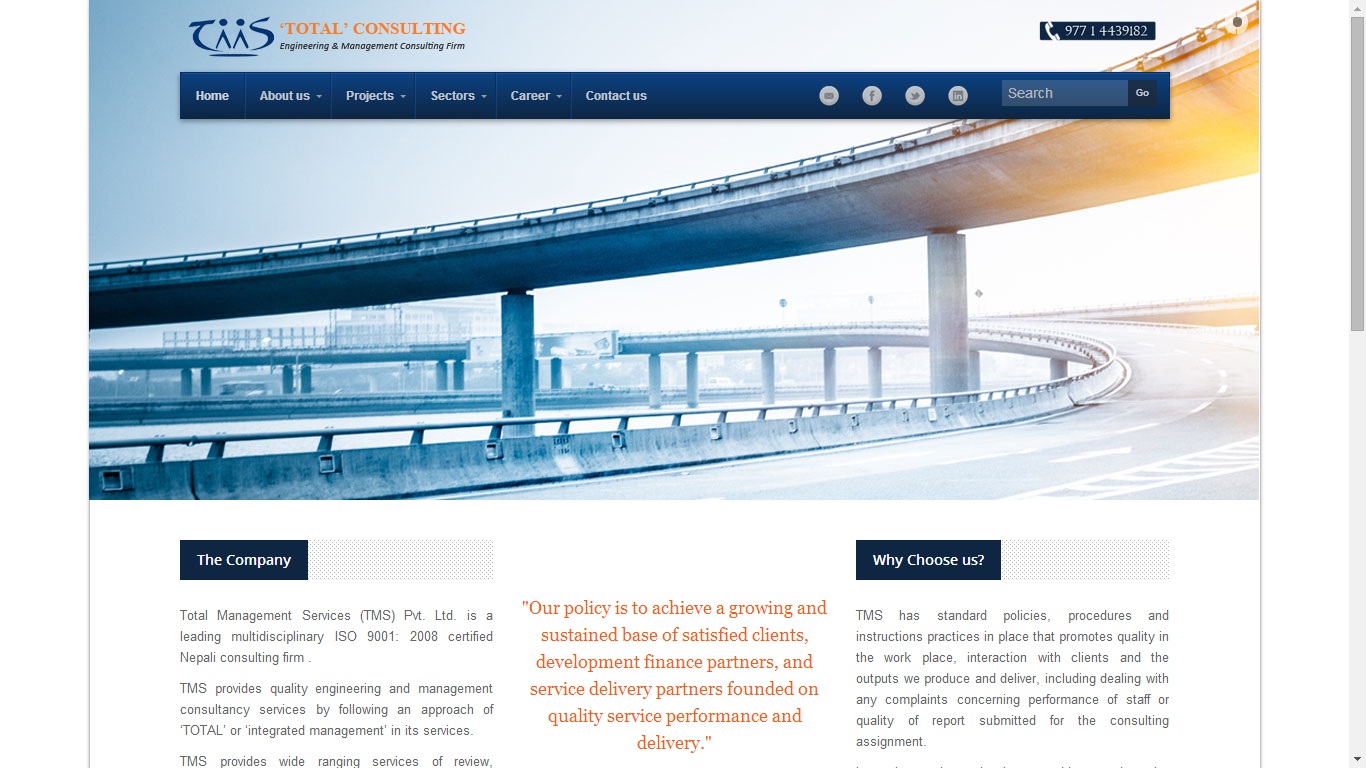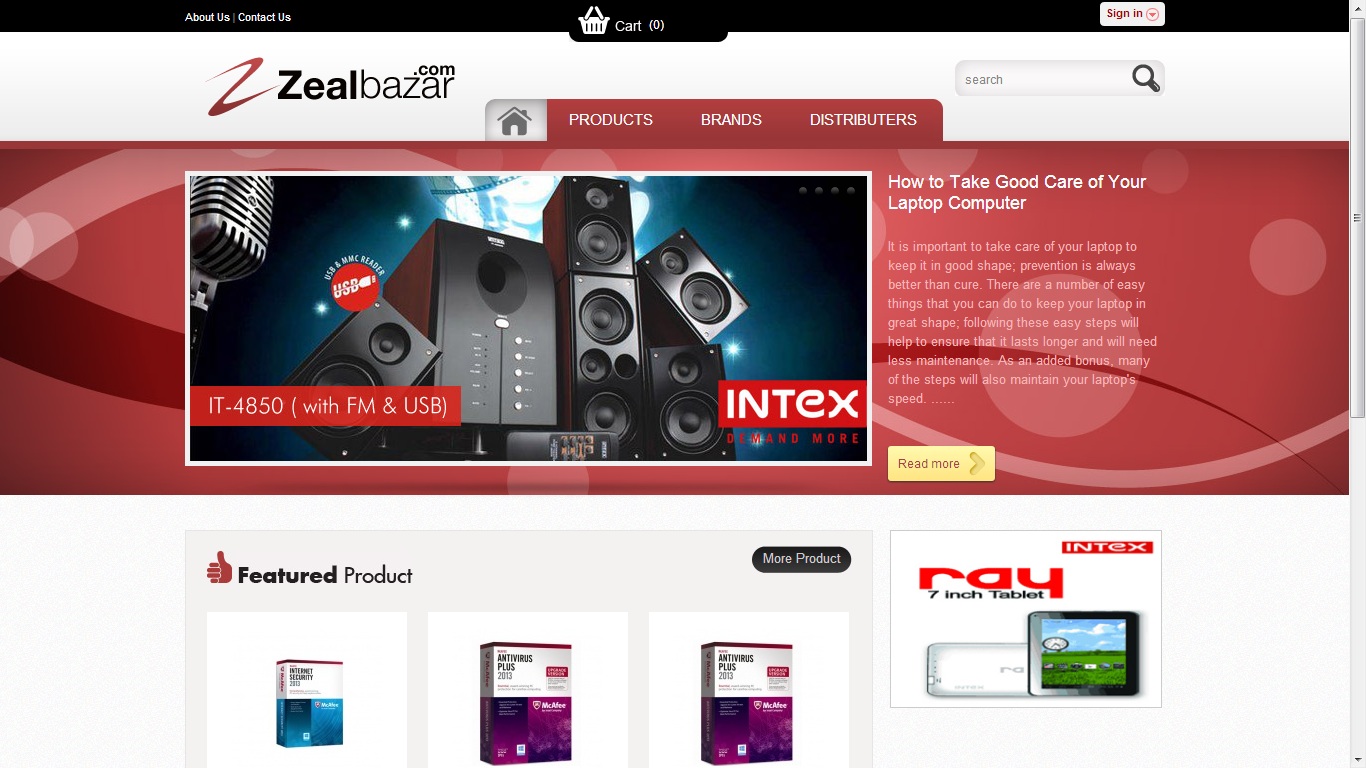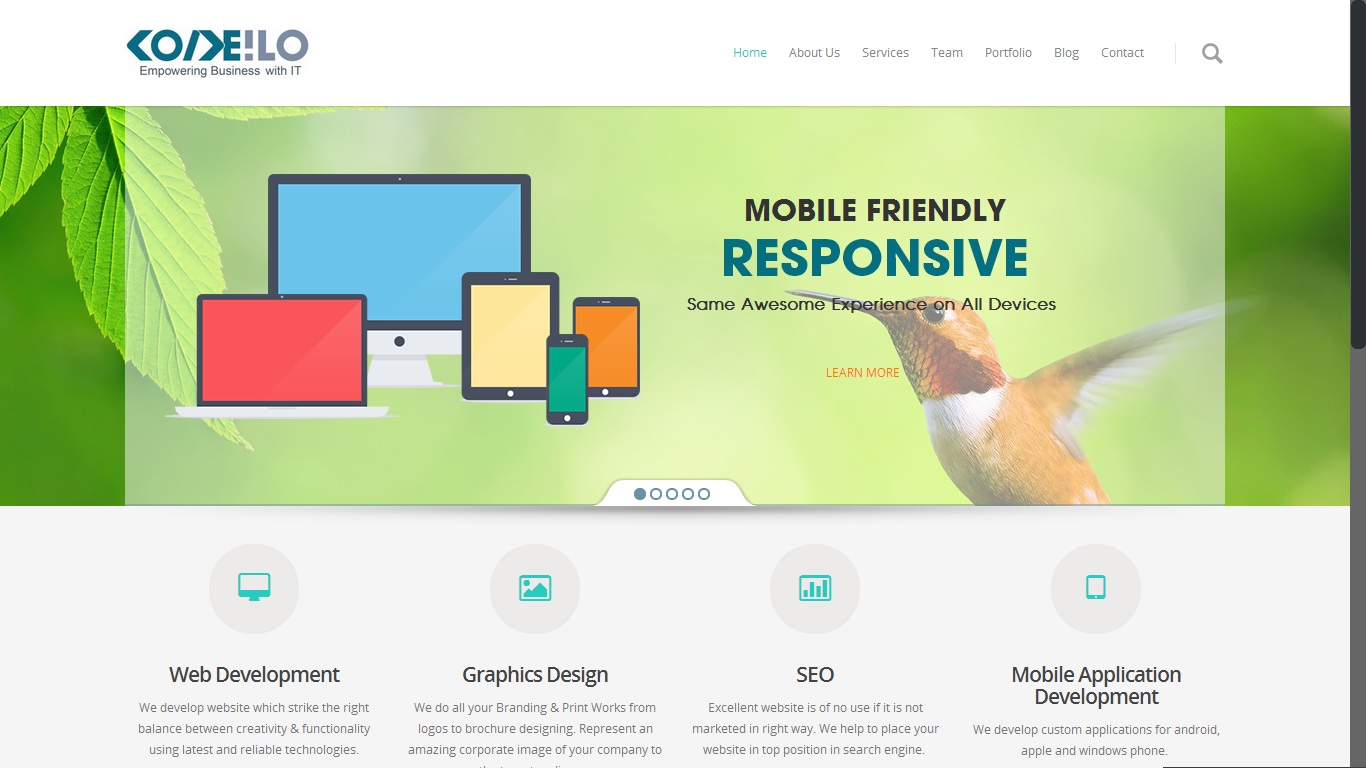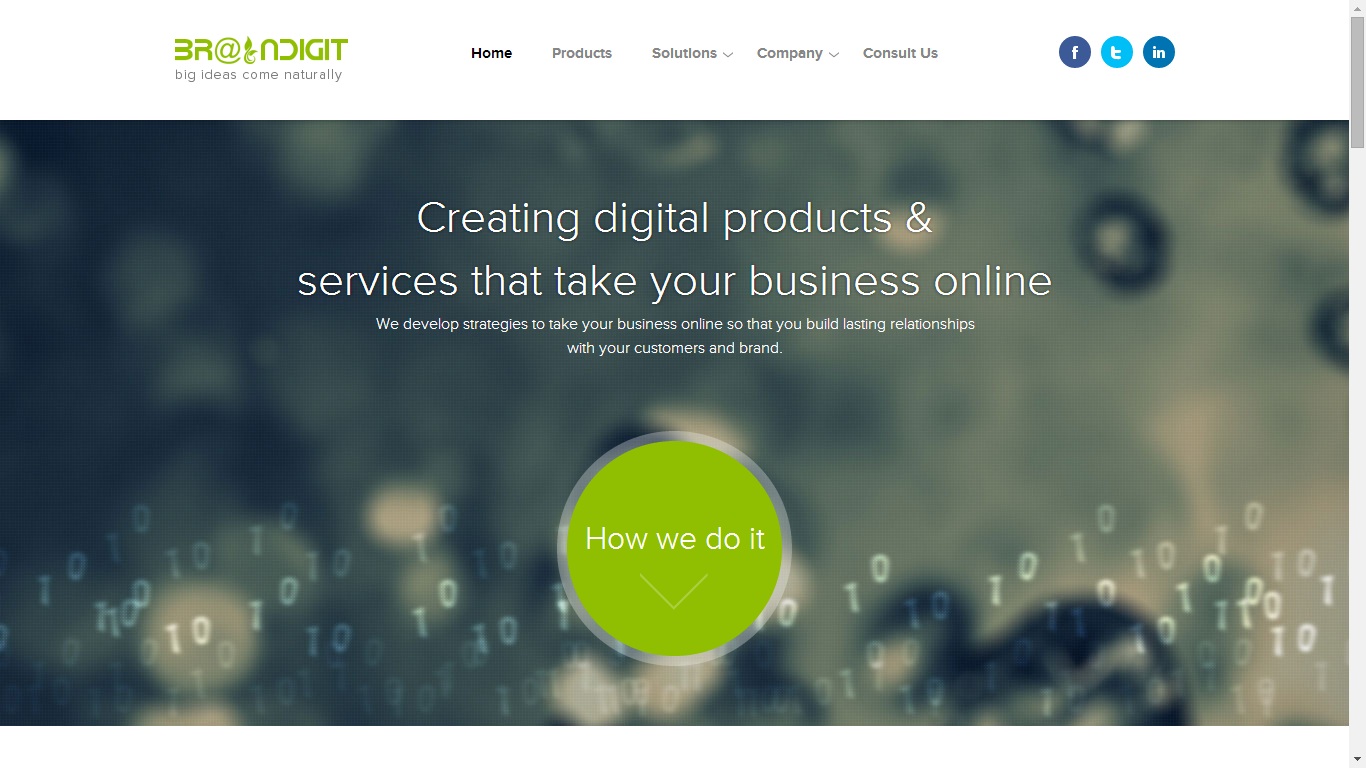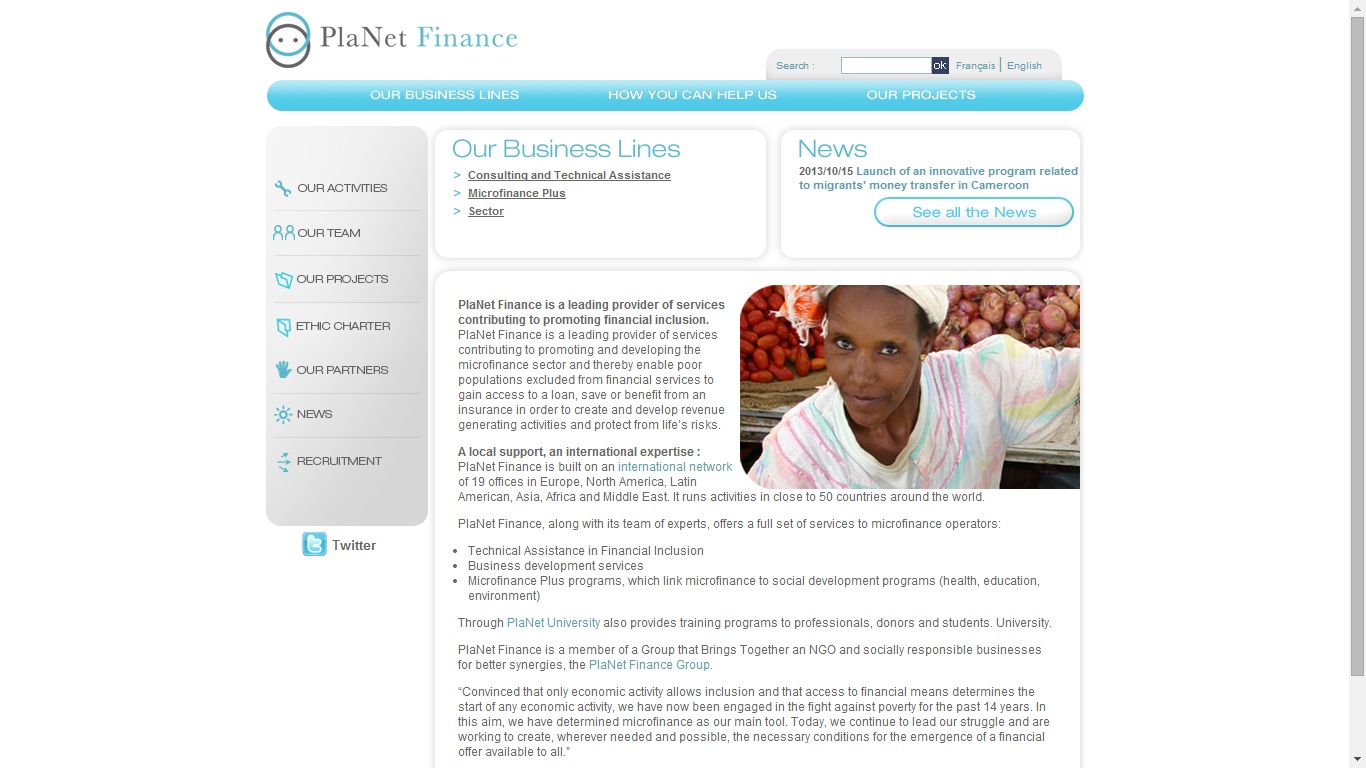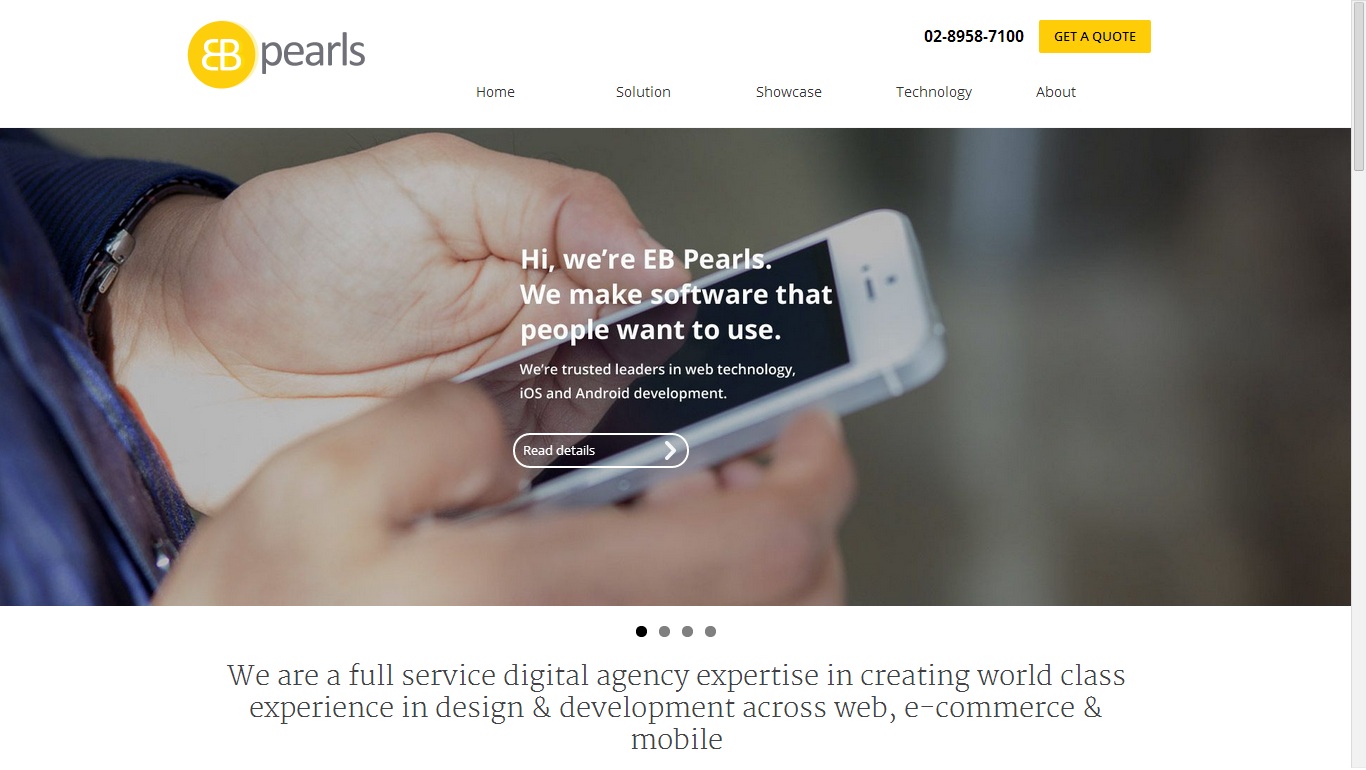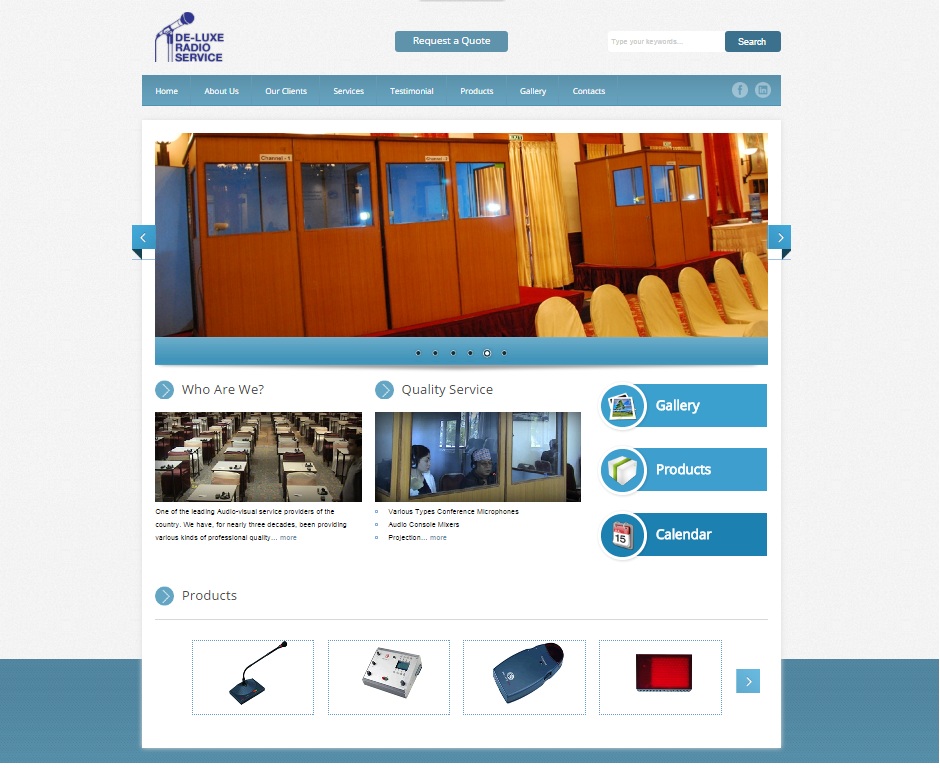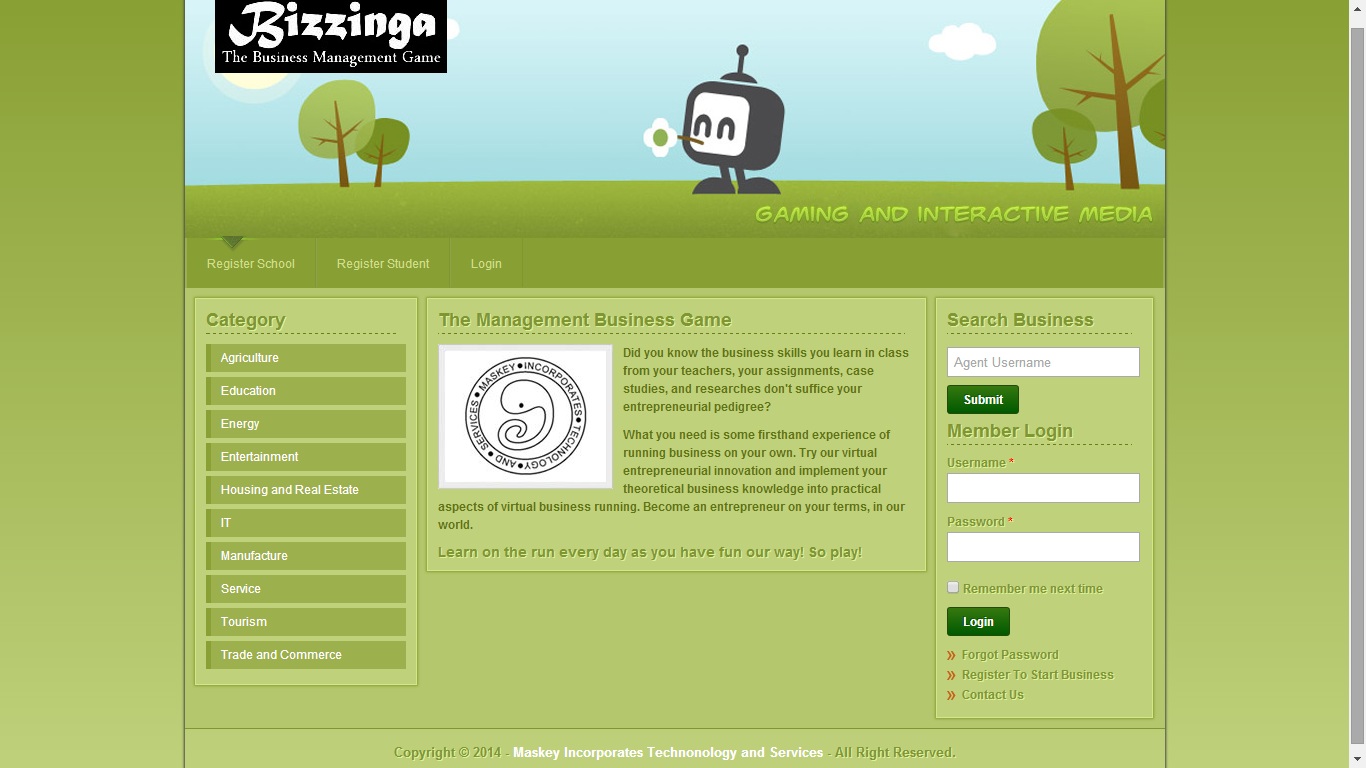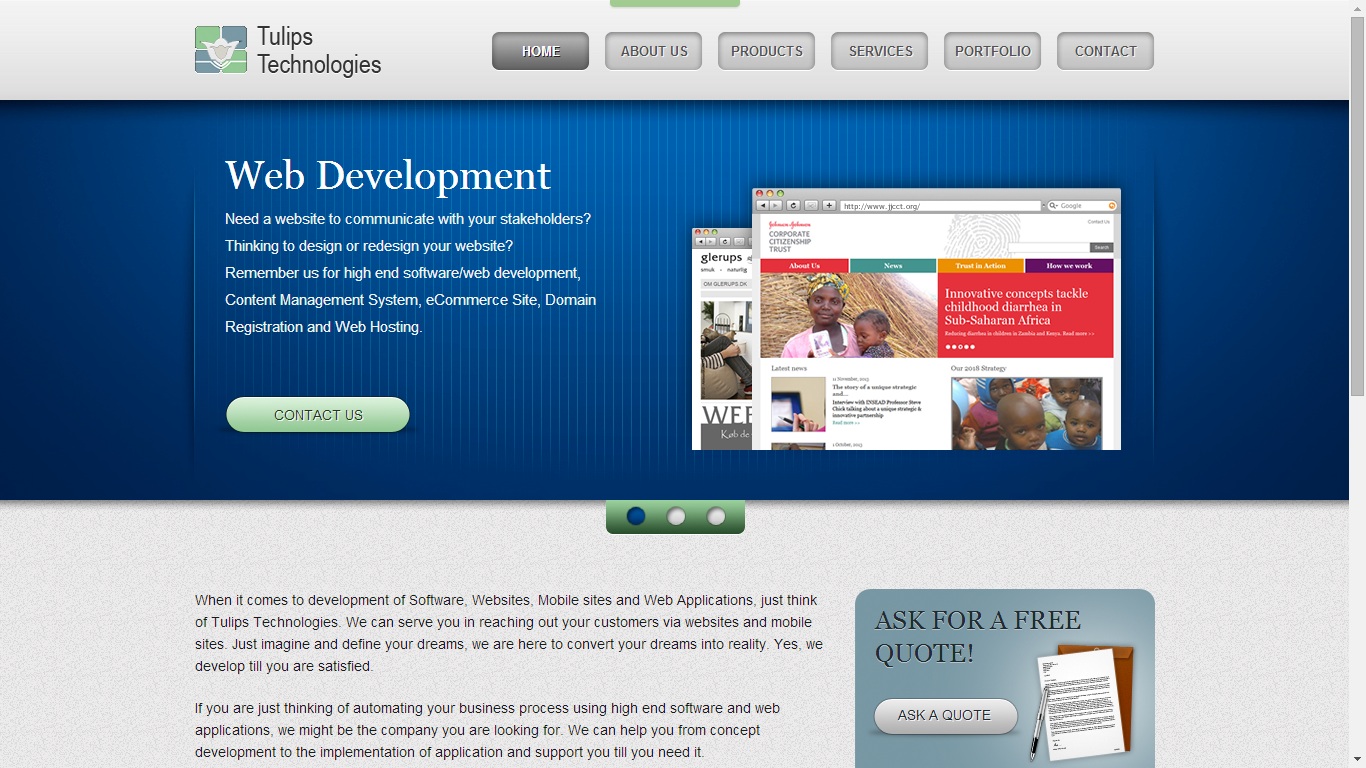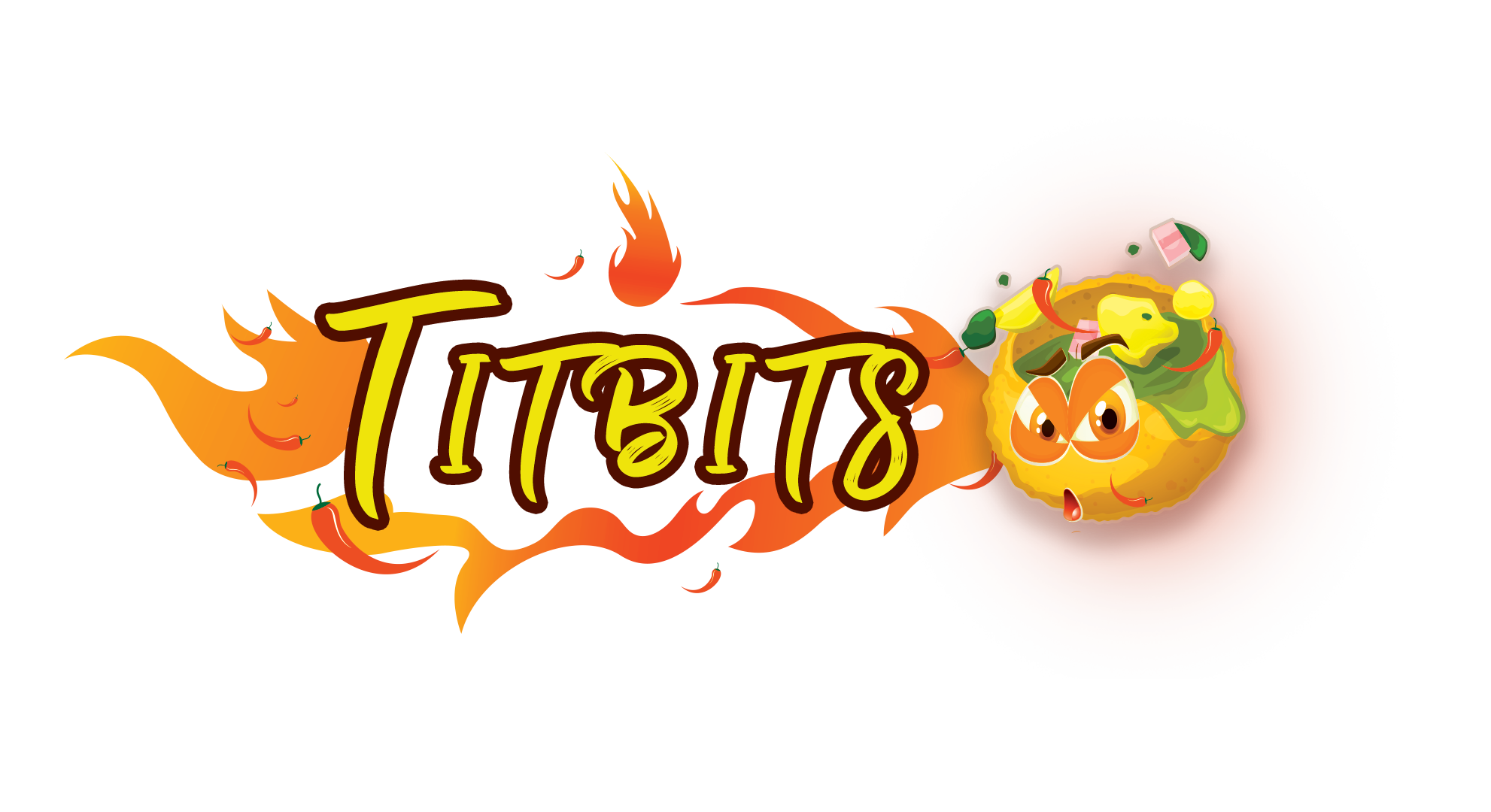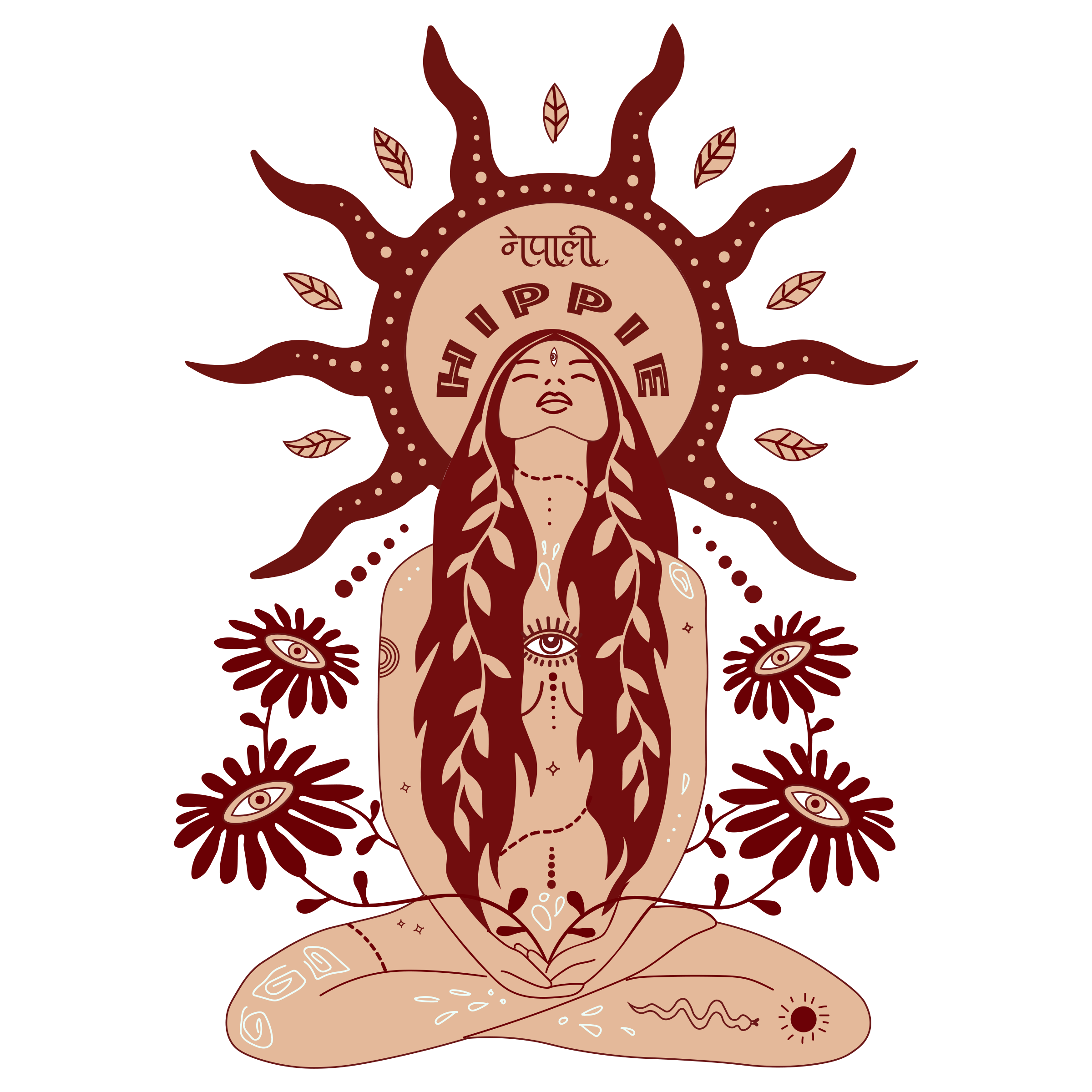-
Vacancy Announcement from Sunrise Bank Limited
Sunrise Bank Limited is a fast growing “A” Class Commercial Bank with diversification to various areas of functions and with rapid branch expansion target across the nation aims to increase the pace of quality growth. In this process t ...
Read More -
Vacancy notice from CDS and Clearing Limited, a wholly owned subsidiary company of Nepal Stock Exchange
CDS and Clearing Limited, a company established under the company act is a company promoted by Nepal Stock Exchange Limited (NEPSE) in 2010 to provide centralized depository, clearing and settlement services in Nepal. The main objective of the com ...
Read More -
Vacancy announcement from Civil Capital Market
Vacancy Announcement
Read More
Chief Executive Officer (CEO)
Civil Capital Market Limited (CCML), Head Office, Civil Trade Center Sundhara, Kathmandu, requests for expression (EOI) for the position of Chief Executive Officer (CEO)
CCML, ... -
Vacancy Announcement from Global IME Bank
Bank Overview
Read More
Global IME Bank Ltd. (GIBL) emerged after successful merger of Global Bank Ltd (an “A” class commercial bank), IME Financial Institution (a “C” class finance company) and Lord Buddha Finance Ltd. (a &ldqu ... -
Vacancy notice from Lumbini Bikas Bank Limited
Vacancy Announcement
Read More
Lumbini Bikas Bank Limited, a leading national level development bank invites application from highly motivated, dynamic and result oriented Nepalese Citizen for the follow ...
- ... Read More
-
I’ve spent almost 10 years interviewing thousands of candidates and developed a blue print for NAILING your next interview, follow these steps and you will dramatically increase your chances.
1. Know the position you are applying for ...
Read More -
Use these tips to write an effective resume that meets the employer's needs and gets you an interview.
Heading
- Type your name at the top in caps with large, bold type. Include your address, phone ...
-
Ever wondered why a Brit applies with a CV and an American with a resume? And why does an Aussie apply with both? There are a few differences between the two types of application documents and this article will straighten out your queries as well ...
Read More -
Wouldn’t it be great to know what answers the hiring manager is looking for? We asked, and they delivered.
By- Isabel Thottam
Being a mind reader would come in handy during the interview and make the whole getting-a-job thing ...
Read More
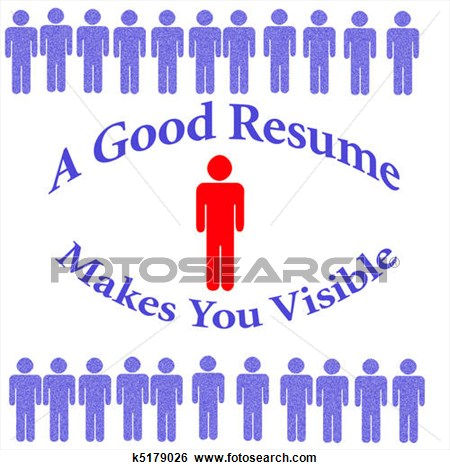
Source: BBC
Author: Maria Atanasov
Published 13 Feb, 2015
No matter the state of the job market, it’s always hard to make your resume or CV standout from the pack. There’s a temptation to embellish it with fancy words such as “utilise” or “democratise” to make us appear important.
Beware though. It’s just such words that can be a red flag for recruiters. We turned to question-and-answer-site Quora to find out what the most useless, meaningless or ridiculous resume wordsare. Here’s what respondents had to say.
Real talk
“As a recruiter rifling through tomes of resumes,” wrote Angela Liu, “it is my conclusion that if we had to make a drinking game — take a shot (or, hell, a sip of a drink) for every time we heard our least favourite words — those fluff words, those fillers, those damned, insipid weed of words blotting out the view of their substantive counterparts — I and other recruiters would be piss drunk before mid-day.”
Her list of least useful words comprises those most associated with soft skills, including “team player, multitask, learns quickly/quick learner, great communication skills, responsible for, various, as required.”
“While soft skills have never been more important whether you are a software developer or a business development executive, we don't need the [words] that tells us NOTHING about how you are different,” Liu wrote. “Now, this is not to say that all soft-skill, fluffy words are created equal on the boredom-dometer — nor bad to have on resume.”
Liu said candidates can address their emotional intelligence without jargon. When they do this, it “is more forgivable or, even, admirable — a PLUS to have because you instantly hear the jobseeker's true voice. You glean something true.”
She offered this example:
- Been coding and breaking things since I was 9. Love finding out how things work and take a lot of pride in my craft. Currently loving building web applications, especially with a bigger mission behind them. Also, I hate the word polyglot but it fits. I'm tech agnostic and have spent a lot of time skilling up in several areas.
Be specific
“Various,” wrote career advisor Erin Berkery-Rovner “is single-handedly the most useless adjective on a resume. It essentially boils down to saying nothing new about the nouns that it prefaces.
“In almost any example I can think of it replaces the word ‘different’. People are using it to demarcate separate projects they worked on or duties they performed. Except if you were to write the word ‘different’ instead of ‘various’, your resume would come off like a sullen teen: ‘I worked on a few different projects, but whatever, they weren't really descriptive, just various,’” she continued.
Just delete it, she advised. “Either tell me how many projects you worked on or what they were. But if you tell me various projects, you better have a hell of a lot of other adjectives surrounding it.”
Similarly, avoid the word “very”, advised Jim Broiles. “Very should be banned from use in resume or any kind of professional communication. It adds nothing to the meaning of the communication and only serves to expose ones penchant for hyperbole.”
Big head
While it’s important to sell yourself, some words come off as too arrogant. Among them: visionary, expert, futurist, mastermind, go-getter, change agent.
Take visionary, for example. “Relative to what?,” Broiles asked. “This descriptor is the embodiment of naive arrogance.”
Avoid synergy
Synergy and its derivitives are no better, according to Brian Hennessy, who said the terms make his eyes roll. “This was actually a clever buzz word about 10 years ago as I would often hear it at pretentious cocktail parties and trade conventions. Then I saw it popping up in just about every context on every resume that I would come across.”
Hennessy cited these examples as ones to avoid:
- Often called upon to be responsible for the synergy of department resources.
- Consistently executed the synergy of company directives.
- Developed, managed, and cultivated the synergy of all employees.
“I'll even see this word used on resumes for menial work in restaurant and hospitality jobs,” Hennessy wrote. “It's blatantly overused.”
Stay current
"Problem solver," wrote Ned Horvath, “is, unfortunately, one which I see often on older peoples' resumes, and seems to be code for ‘my skills are obsolete, but I've seen a lot of stuff and can still contribute in a general way’…There have never been more free or cheap self-education resources available on the web, and there are mutual-support groups everywhere. Get current, and let the problem-solver be evident from the stories your resume tells.”
Back To List
